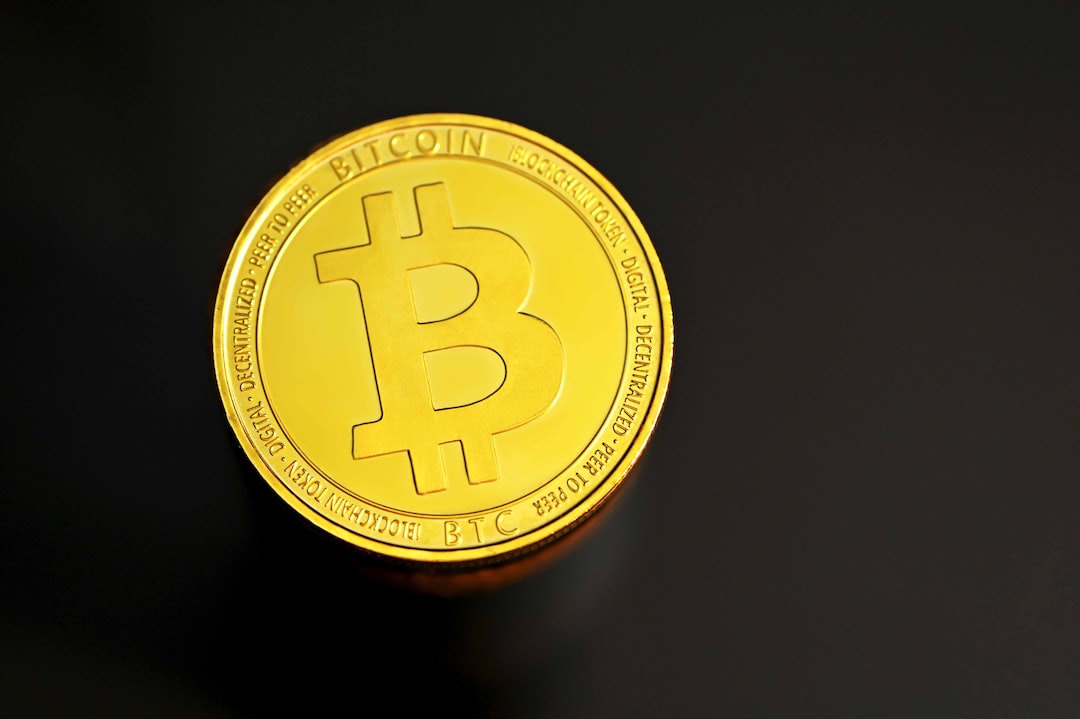South Korea Proposes Credit Card Ban to Strengthen Crypto Regulations
The South Korean Financial Services Commission (FSC) is looking to amend its credit finance act by prohibiting the use of credit cards for purchasing cryptocurrencies. This proposed change aims to combat the illegal outflow of funds and speculative activities associated with buying crypto from foreign exchanges. The FSC seeks to align the treatment of virtual assets with other restricted payment methods to address concerns about misconduct such as money laundering and speculative behavior.
Effort to Tighten Regulations
This initiative from the FSC is part of a broader effort to strengthen regulations in the local cryptocurrency market, which has recently faced increased scrutiny. Despite this, South Korea has seen a surge in crypto trading, contributing significant trading volumes globally through exchanges like Upbit and Bithumb. While domestic exchanges are heavily regulated, foreign exchanges operate with less scrutiny. The proposed amendment, open for public feedback until February 13, 2024, aims to mitigate risks and improve transparency and security in crypto transactions.
Limits on Access to Crypto
Should the amendment pass, South Korean citizens would be unable to use credit cards to purchase cryptocurrencies, effectively limiting their access to virtual assets via foreign platforms. This proposal may be influenced by the revelation that South Koreans held over $98 billion in crypto assets in overseas accounts in September 2023, as reported under new tax regulations. This move by South Korea is in line with the global trend of regulatory bodies seeking to establish a more controlled and secure environment for cryptocurrencies, highlighting the increasing attention on the crypto industry. The decision on the proposed amendment is expected to be reviewed and potentially implemented in the first half of 2024.
Hot Take: Impact on Crypto Acquisition
Would prohibiting the use of credit cards for purchasing crypto significantly affect most individuals’ ability to acquire cryptocurrencies? The proposed ban in South Korea could have implications for prospective crypto investors who rely on credit cards for transactions. However, alternative payment methods are available, which means that while the ban may create some inconvenience, it may not entirely hinder the acquisition of cryptocurrencies. The ultimate impact would depend on the extent of adoption of other payment options and the users’ willingness to explore those alternatives. It remains to be seen how this potential ban would reshape the crypto landscape in South Korea.





 By
By
 By
By
 By
By

 By
By
 By
By